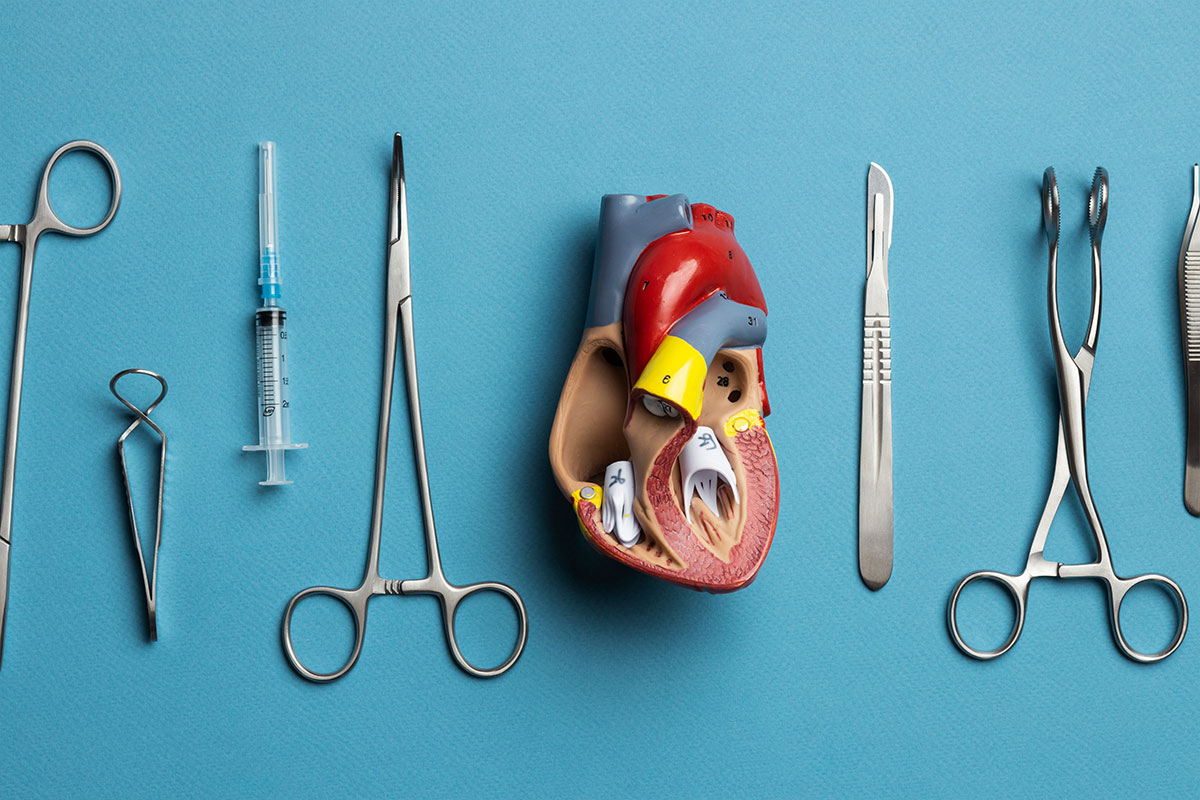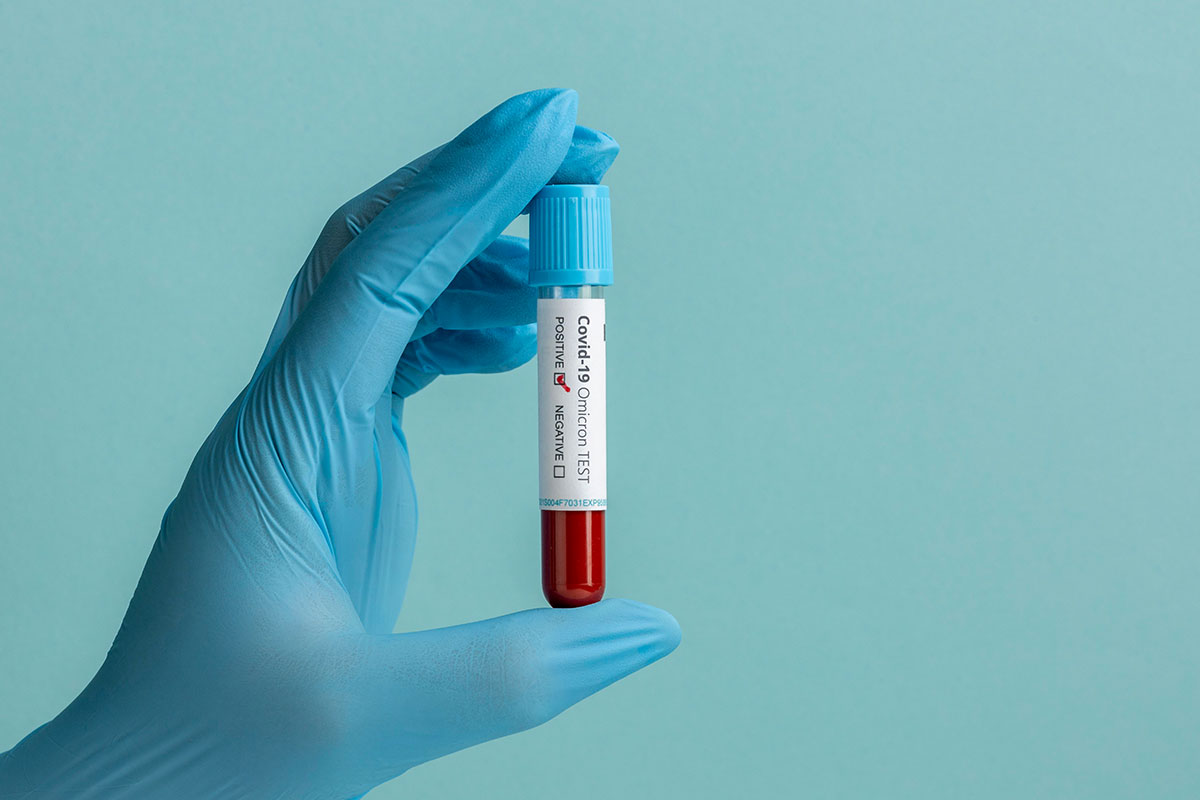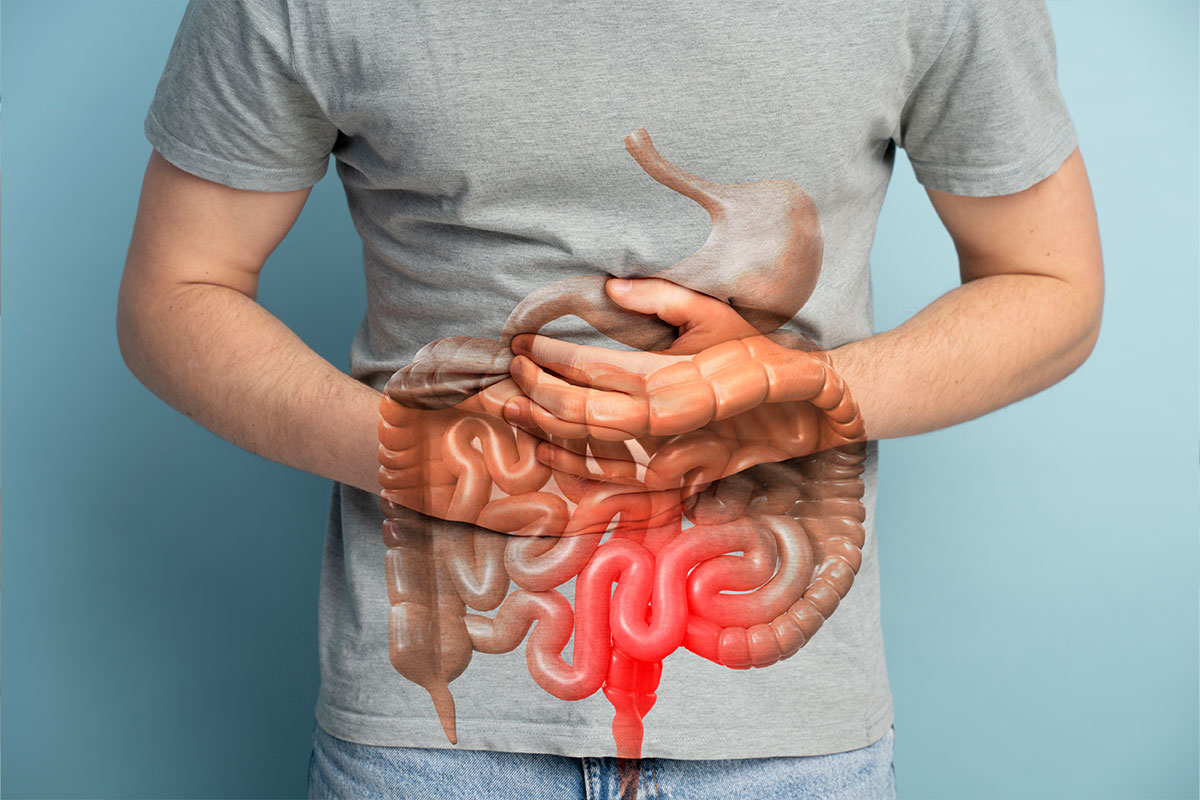
Key Aspects of an Open Heart Valve Surgery
By Dr. Jeewan Pillai in Cardiology Cardiac Surgery
Mar 20, 2023
What is Open Heart Valve Surgery?
Open-heart valve surgery is a procedure where the surgeon accesses the heart through an incision in the chest to repair or replace a damaged heart valve. This is often necessary when the heart valves are not functioning properly due to conditions like stenosis (narrowing) or regurgitation (leakage).
Why is Open-Heart Valve Surgery Done?
The purpose of the heart’s valves is to ensure blood flows in the proper direction through the heart and to the body. If a valve is not working correctly, it can disrupt blood flow and lead to symptoms like:
- Shortness of breath
- Swelling in the legs, ankles or abdomen
- Rapid weight gain from fluid retention
- Chest pain
- Dizziness or fainting
- Heart palpitations
In these cases, open-heart valve surgery may be recommended to restore proper valve function and improve blood flow.
What Happens During Open-Heart Valve Surgery?
During the procedure, the surgeon creates an incision in the chest to gain access to the heart.The damaged or diseased valve is then either repaired or completely replaced with an artificial valve. This allows the valve to function properly and improve blood flow.
Recovering from Open-Heart Valve Surgery
Recovery from open-heart surgery typically requires a hospital stay of one week or more.
Key components of the recovery process include:
- Caring for the surgical incision to prevent infection.
- Managing any chest or throat pain with prescribed medications.
- Making lifestyle adjustments like getting enough rest as directed by your doctor.
Open-heart valve surgery is a serious but often necessary procedure to treat life-threatening heart valve conditions. Your doctor will work with you to determine if this is the best course of treatment based on your specific situation.
If you face any symptoms related to a heart or heart valve disease, discuss it, without any delay, with your doctor about what can be done about it and ensure to go through the discussed procedures at the earliest to avoid any drastic effects on your health.







